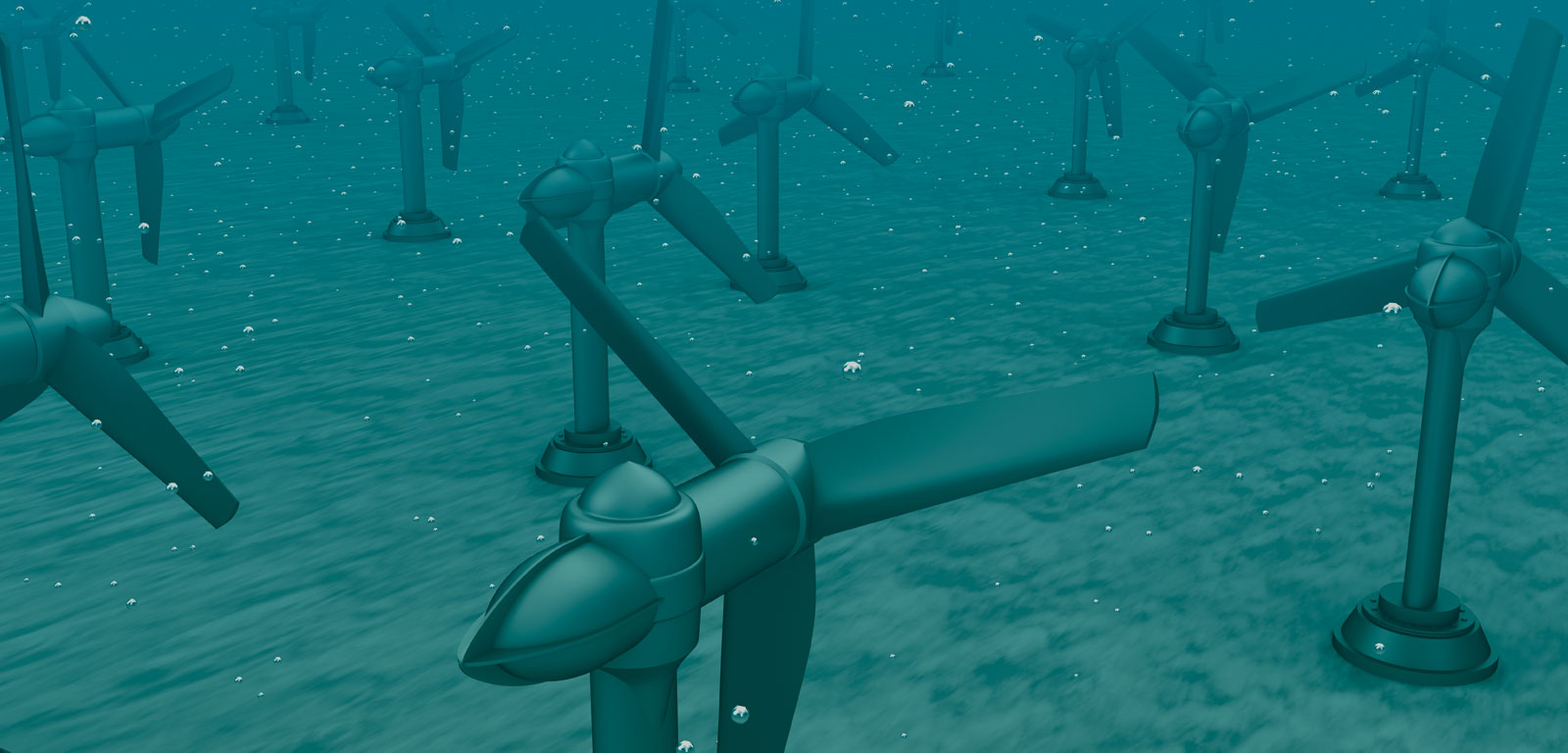Universidad del País Vasco
Euskal Herriko Unibertsitatea
Menu Display
-
Master catalogue
- Master1
- Abokatutza Masterra
- Abokatutza eta Prokuradoretza Masterra
- Master in Language Acquisition in Multilingual Settings (LAMS)
- Ingurugiroaren Agrobiologia Masterra
- Analisi Forentsea Masterra
- Master in Language Analysis and Processing
- Gizarte Antropologia Masterra
- Arkitektura Masterra
- Arte Garaikide Teknologiko eta Performatiboa Masterra
- Kontuen Ikuskaritza eta Goi Mailako Kontabilitatea Masterra
- Banka eta Finantza Kuantitatiboak Masterra
- Biodibertsitate, Funtzionamendu eta Ekosistemen Gestioa Masterra
- Bioetika eta Biozuzenbidea Masterra
- Master in Molecular Biology and Biomedicine
- Elikadura-Kalitatea eta Segurtasuna Masterra
- Zeramika: Artea eta Funtzioa Masterra
- Aktuariotza eta Finantza Zientzietako Masterra
- Jarduera Fisikoaren eta Kirolaren Zientziak Masterra
- Master in Quantum Science and Technology
- Zientzia eta Teknologia Espaziala Masterra
- Multimedia Komunikazioa Masterra UPV/EHU-EITB
- Gizarte Komunikazioa Masterra
- Arte Garaikidearen Kontserbazioa eta Erakusmoldeak (CYXAC) Masterra
- Master in Environmental Contamination and Toxicology
- Master in Control in Smartgrids and Distributed Generation
- Oinarrizko Eskubideak eta Botere Publikoak Masterra
- Garapena eta Nazioarteko Lankidetza Masterra
- Master in Project Management
- Enpresa Zuzendaritza Berrikuntzaren eta Internazionalizazioaren Ikuspegitik Masterra
- Enpresa Zuzendaritza Berrikuntzaren eta Internazionalizazioaren Ikuspegitik Masterra
- Ekonomia Sozial eta Solidarioa Masterra
- Economics: Empirical Applications and Policies
- Ekonomia: Ekonomia Analisirako Tresnak Masterra
- Enologia Berritzailea Masterra
- Zahartze Osasuntsua eta Bizi Kalitatea Masterra
- Ikasketa Feministak eta Generokoak Masterra
- Nazioarteko Ikasketak Masterra
- Europa eta Mundu Atlantikoa: Boterea, Kultura eta Gizartea Masterra
- Master in Digital Manufacturing
- Farmakologia. Medikamenduen Garapena, Balioespena eta Erabilera Arrazionala Masterra
- Mundu Globalerako Filosofia Masterra
- Filosofia, Zientzia eta Balioak Masterra
- Filosofia: Zientzia, Gizartea, Teknologia Masterra
- Finantzak eta Finantza-Zuzendaritza Masterra
- Derrigorrezko Bigarren Hezkuntzako eta Batxilergoko, Lanbide Heziketako eta Hizkuntzen Irakaskuntzako Irakasleen Prestakuntza Unibertsitate Masterra
- Giza Baliabideen eta Enpleguaren Kudeaketa Masterra
- Paisaiaren Kudeaketa. Ondarea, Lurraldea eta Hiria Masterra
- Globalizazioa eta Garapena Masterra
- Globalizazioa: Gizarte Prozesuak eta Ekonomia Politika Masterra
- Gobernantza eta Politika Ikasketak Masterra
- Garaiko Historia Masterra
- Garaiko Historia Masterra
- Ingeniaritza Biomedikoa Masterra
- Konputazio Ingeniaritza eta Sistema Adimentsuak Masterra
- Kontrol Ingeniaritza, Automatizazioa eta Robotika Masterra
- Eraikuntzaren Ingeniaritza Masterra
- Material Aurreratuen Ingeniaritza Masterra
- Material Berriztagarrien Ingeniaritza Masterra
- Ingeniaritza Kimikoa Masterra
- Sistema Txertatuen Ingeniaritza Masterra
- Telekomunikazio Ingeniaritzako Masterra
- Industria Antolakuntzaren Ingeniaritza Masterra
- Ingeniaritza Energetiko Iraunkorra Masterra
- Industria Ingeniaritza Masterra
- Ingeniaritza Mekanikoa Masterra
- Ingurumen Ingeniaritza eta Kudeaketa Masterra
- Energia Berriztagarrien Integrazioa Sistema Elektrikoan Masterra
- Ikerketa Biomedikoa Masterra
- Gizarte eta Hezkuntzako Eremuen Ikerketa Masterra
- Energia Eraginkortasun eta Jasangarritasunaren Ikerketa Industrian, Garraioan, Eraikuntzan eta Hirigintzan Masterra
- Ikerketa eta Sormena Artean Masterra
- Master in Theoretical and Experimental Linguistics
- Euskal Hizkuntzalaritza eta Filologia Masterra
- Literatura Konparatua eta Literatur Ikasketak Masterra
- Itsasketa Masterra
- Mikrobiologia eta Osasuna Masterra
- Meatzaritza Masterra
- Modelizazioa eta Ikerkuntza Matematikoa, Estatistika eta Konputazioa Masterra
- Ikerketa Ereduak eta Arloak Gizarte Zientzietan Masterra
- European Master in Multilingualism and Education
- Mundu Klasikoa Masterra
- Master in Nanoscience
- Nautika eta Itsas Garraioa Masterra
- Master in Cognitive Neuroscience of Language
- Neurozientziak Masterra
- Material Berriak Masterra
- Elikadura eta Osasuna Masterra
- Partaidetza eta Komunitate-Garapena Masterra
- Multimedia Kazetaritza Masterra
- Pintura Masterra
- Psikodidaktika: Hezkuntzaren Psikologia eta Berariazko Didaktikak Masterra
- Erakundeen Psikologia eta Esku Hartze Psikosoziala Masterra
- Osasun Psikologia Orokorra Masterra
- Psikologia: Gizabanakoa, Taldea, Erakundea eta Kultura Masterra
- Kimika Sintetiko eta Industriala Masterra
- Master in Theoretical Chemistry and Computational Modelling
- Kimika eta Polimeroak Masterra
- Eraikitako Ondarearen eta Eraikinen Birgaitze, Zaharberritze eta Kudeaketa Masterra
- Osasun Publikoa Masterra
- Laneko Segurtasun eta Osasuna Masterra
- Sistema Elektroniko Aurreratuak Masterra
- Subiranotasuna Europako Herrietan Masterra
- Gizarte Demokratikoa, Estatua eta Zuzenbidea Masterra
- Teknologia, Ikaskuntza eta Hezkuntza Masterra
- Erasmus Mundus Joint Master in Architectural and Urban Contemporary Heritage - ARURCOHE
- Erasmus Mundus Master in Smart Cities and Communities (SMACCs)
- Erasmus Mundus Master of Science in Environmental Contamination and Toxicology ECT+
- Erasmus Mundus Master on Innovative Microwave Electronics and Optics – EMIMEO
- Erasmus Mundus Master in Renewable Energy in the Marine Environment (REM PLUS)
- Erasmus Mundus Master of Materials for Energy Storage and Conversion (MESC+)
- Erasmus Mundus Master of Science in Marine Environment and Resources -MER-
- Erasmus Mundus Master of Science in Marine Environment and Resources -MER-
- Erasmus Mundus International Master of Science in Marine Biological Resources (IMBRSea)
- Erasmus Mundus Master in Language and Communication Technologies (LCT)
- International Master in Sociology of Law
- Derrigorrezko Bigarren Hezkuntzako eta Batxilergoko, Lanbide Heziketako eta Hizkuntzen Irakaskuntzako Irakasleen Prestakuntza online Unibertsitate Masterra
- Erasmus Mundus Master in Interdisciplinarity in Materials for Energy Storage and Conversion (i-MESC)
- Erasmus Mundus Master in Smart Cities and Communities (SMACCs)
- Adimen Artifizial Industriala eta Ordenagailu Bidezko Ingeniaritza Masterra
- Erasmus Mundus European Master for Industry in Microwave Electronics and Photonics (EMIMEP)

Master's degree
Erasmus Mundus Master in Renewable Energy in the Marine Environment (REM PLUS)
Erasmus Mundus Master in Renewable Energy in the Marine Environment (REM PLUS)

